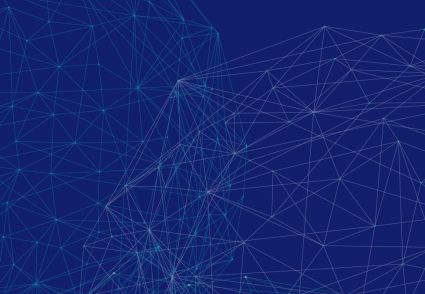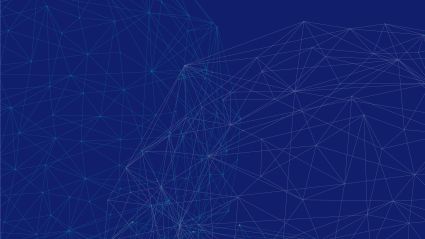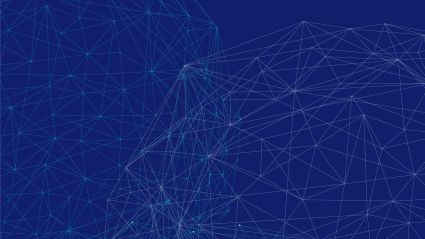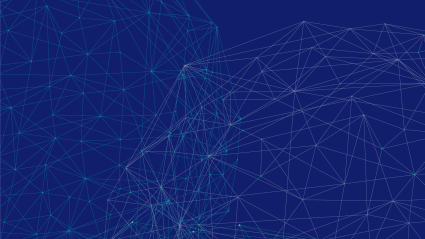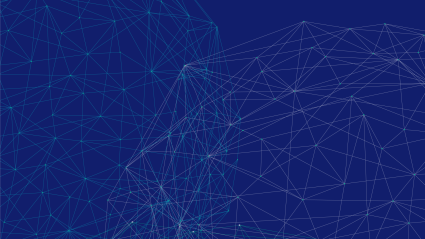
Overview
On July 27, 2023, Senators Lindsey Graham (R-SC) and Elizabeth Warren (D-MA) unveiled the Digital Consumer Protection Commission Act (DCPC), a bill proposing to establish a new commission responsible for enforcing newfound statutory provisions related to Big Tech’s operations. This independent agency would operate in the technology sector similarly to existing regulatory agencies in different sectors (e.g., the Federal Communications Commission in the television and telecommunication sector). The provisions in the bill are wide-ranging but cover four primary topics: consumer privacy, antitrust/competition, content moderation, and national security. The bill would require Big Tech firms to obtain revocable licenses subject to its provisions to operate in good standing with the commission. This is the first time a piece of proposed legislation has outlined a licensing approach for dominant technology firms.
Background
Many of the requirements in the legislation, including the establishment of a new commission, can be found in other legislation introduced this summer, such as Senators Michael Bennet (D-CO) and Peter Welch’s (D-VT) Digital Platform Commission Act, which specifically targets AI. Our June Tech Regulation Digest dived into the specifics of the legislative efforts to regulate AI firms and the use of generative AI, some of which cover certain provisions included in the DCPC.
Among the provisions that make this bill unique, aside from its bipartisan genesis, are its licensing requirements, which serve as a type of enforcement for the regulation. The bill would establish an Office of Licensing for Dominant Platforms that would require “dominant platforms” (“dominant” defined by a combination of net annual sales and US monthly active users) to comply with the bill’s mandates to obtain and keep a license. This “size-based” approach stands in contrast to a “risk-based” approach, as outlined by Anna Lenhart in Tech Policy Press. As noted in the June Digest, the European Union has opted for a risk-based approach in its AI regulations, directing more stringent regulation to riskier digital endeavors (such as medical devices) regardless of firm size.
Why Is This Important?
Household names like Facebook, Instagram, Snapchat, TikTok, Twitter (now “X”), and YouTube would all be considered dominant platforms requiring a license to operate under the bill’s definition. However, the licensing requirement would not be limited to social media sites. Under the bill, “platform” is defined broadly to include e-commerce platforms and any digital service that “enables user searches or queries that access or display a large volume of information.” Based on this, the licensing requirement could extend to e-commerce platforms like Amazon, search engine platforms like Google and Bing, and any searchable large language model product like OpenAI’s ChatGPT.
To maintain their good standing with the DCPC, dominant platforms would be subject to provisions related to competition and content moderation, as the bill seeks to address concerns related to both the market power of Big Tech and harmful content.
There are three primary competition reforms proposed in the bill, the most important being the banning of specific behaviors considered “abuses of dominance.” Such behaviors include self-preferencing, noncompete agreements, and tying arrangements. DCPC would also authorize retroactive and prospective reviews of Big Tech mergers and prohibit conflicts of interest. Currently, antitrust authorities evaluate firms’ behaviors predominantly based on the “rule of reason,” which weighs potential anticompetitive costs against procompetitive benefits. The proposed bill would prohibit abuses of dominance regardless of precompetitive benefits or efficiencies. In addition, the proposed legislation specifically addresses the behavior of firms of a specified size (met by many Big Tech firms currently operating in the market, including Google and Amazon).
In terms of transparency reforms, dominant firms would be required to disclose terms of service and content moderation criteria to the DCPC. They also must provide users with notices and an appeals process when restricting access or failing to remove prohibited material.
The DCPC also outlines restrictions related to issues of national security, requiring operators of dominant platforms to either be US citizens or own a subsidiary company in the US. This clause would impact foreign firms such as TikTok, which is owned by Beijing-based company ByteDance and would be classified as a dominant platform under the bill’s definition.
The only section of the bill that extends beyond dominant platforms is the one outlining data protection and privacy provisions. This section applies to all covered entities under the law. Duties of care, loyalty, and mitigation are outlined in the text, requiring anyone who collects, processes, or transfers personal data to mitigate harm and prevent algorithmic discrimination. The DCPC guarantees consumers the right to access and be informed about the collection of their personal data and seeks to limit targeted advertising based on these data. Some of the provisions in this section, particularly the rights surrounding data access, were also included in last session’s American Data Privacy and Protection Act of 2022, which failed to pass Congress. We summarized the bill and its implications in the August 2022 digest.
What Happens Next
This announcement comes amid a swirl of Big Tech-related developments, such as the advancement and use of generative AI, social media competition between Meta and X, a Supreme Court case over the liability platforms have for their content, and several antitrust and data use cases concerning Big Tech companies. The DCPC attempts to serve as a catchall to bridge the current political gulf between right and left on tech regulation, offering the types of reforms that both sides of the political spectrum have advocated. The bill also allows for expansive interpretations of the types of companies covered by its provisions, potentially extending the same oversight structure to include e-commerce and AI platforms. While the DCPC is a significant addition to the conversation surrounding Big Tech regulation, time will tell if it becomes law or if only certain themes get incorporated into legislation that makes its way to President Biden’s desk.
Check our Tech Regulation Tracker for updates on this bill and other important developments.
